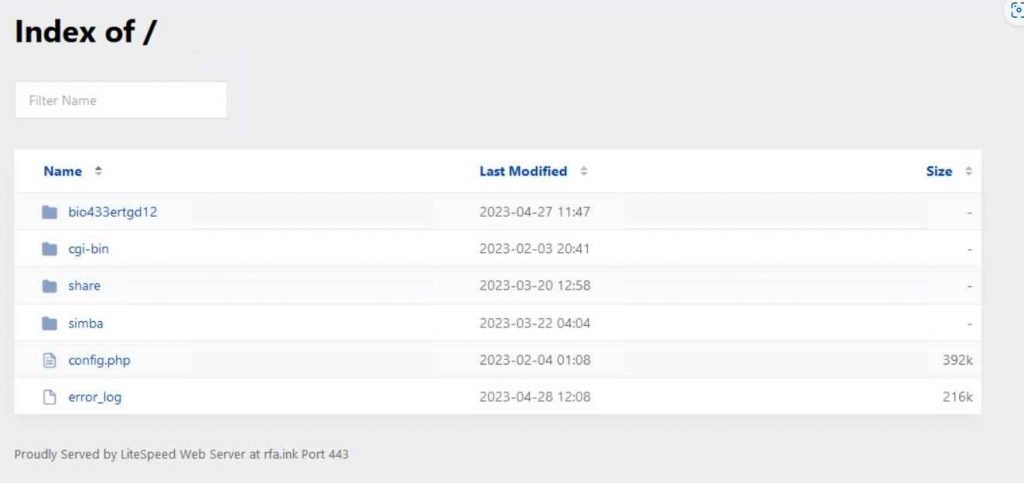Kimsuky is an advanced persistent threat (APT) organization that originates in North Korea and has a lengthy history of launching targeted attacks all around the globe. According to what is currently known about the organization, they have been mainly tasked with conducting information gathering and espionage activities in behalf of the North Korean government from at least the year 2012. Throughout the course of history, Kimsuky targets have been spread throughout several nations in North America, Asia, and Europe. In its most recent efforts, the organization has continued their strategy of worldwide targeting, which is centered on a variety of contemporary geopolitical concerns. The most recent Kimsuky ads, for instance, have been centered on nuclear agendas between China and North Korea; these agendas are pertinent to the continuing confrontation between Russia and Ukraine. In 2018, the gang was seen deploying a malware family known as BabyShark, and most recent observations show that the group has developed the malware with an enhanced capacity for reconnaissance. Experts call to this component of BabyShark as ReconShark.
During a recent campaign, Kimsuky targeted the employees of the Korea Risk Group (KRG), which is an information and analysis organization that specializes in subjects that have both direct and indirect effects on the Democratic People’s Republic of Korea (DPRK). Kimsuky continues to employ phishing emails that have been carefully designed by himself for the purpose of deploying ReconShark. Notably, spear-phishing emails are created with a degree of design quality customized for certain persons, which increases the possibility that the target would open the email. This involves using correct formatting, language, and visual signals so that the content seems authentic to readers who are not paying attention. Notably, both the targeted emails, which include links to download harmful papers, as well as the malicious documents themselves, exploit the names of genuine people whose knowledge is relevant to the subject matter of the bait, such as Political Scientists.

Kimsuky’s nefarious emails include a link that, when clicked, will direct the recipient to a file that requires a password in order to access it. Most recently, they started hosting the infected document for download on Microsoft OneDrive, which is a cloud storage service.Exfiltrating information about the infected platform is the primary function of ReconShark. This includes information about current processes, information about the battery that is attached to the device, and information about endpoint threat detection measures that have been implemented.
In a manner similar to those of earlier iterations of BabyShark, ReconShark depends on Windows Management Instrumentation (WMI) to query information on processes and batteries. ReconShark does more than just steal information; it also distributes additional payloads in a multi-stage process. These payloads may be built as scripts (VBS, HTA, and Windows Batch), macro-enabled Microsoft Office templates, or Windows DLL files. The types of detecting mechanism processes that are active on compromised computers are taken into consideration when ReconShark chooses which payloads to send out.

In order to avoid being detected by static analysis methods, some ReconShark sequences are encoded using a pretty simple encryption. Typically, the instructions or scripts that are included inside these strings are for downloading and/or running payloads. All of the infrastructure that has been spotted as part of this campaign is housed on a shared hosting server provided by NameCheap. LiteSpeed Web Server (LSWS) was often used by operators of the Kimsuky malware in order to manage the harmful functionality. The continual attacks by Kimsuky and their use of the innovative reconnaissance tool ReconShark provide insight on the ever-changing nature of the North Korean threat environment. Organizations and people need to be aware of the tactics, techniques, and procedures (TTPs) utilized by North Korea state-sponsored advanced persistent threats (APTs) and take the required steps to defend themselves against attacks of this kind.

Information security specialist, currently working as risk infrastructure specialist & investigator.
15 years of experience in risk and control process, security audit support, business continuity design and support, workgroup management and information security standards.











